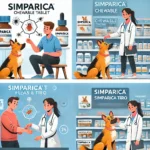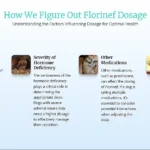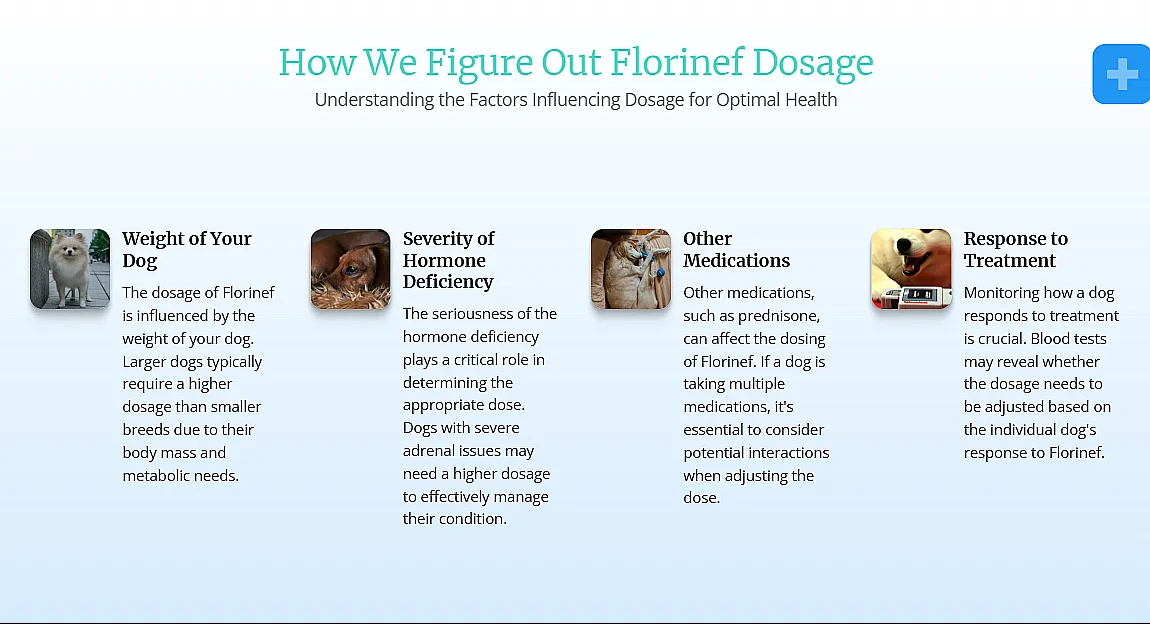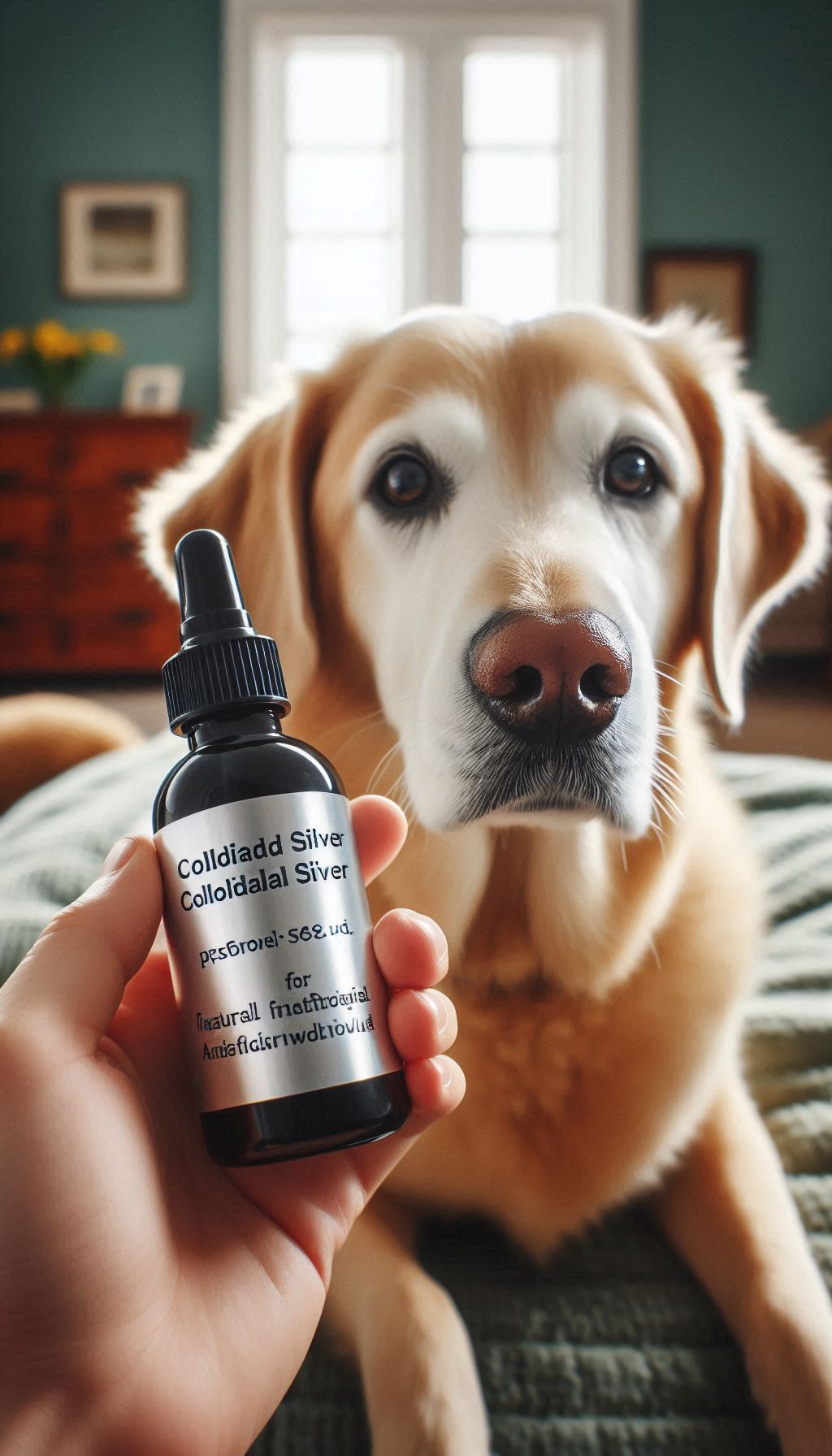I often get asked about the safety of human foods for dogs. One food that seems to be a common point of confusion is quesadillas.
While quesadilla seems like a tasty treat for dogs, it can actually be harmful to our canine companions.
In this blog post, I will explain why quesadilla is not a good choice for dogs and offer some healthier alternatives that your dog can enjoy.
Quesadilla Nutrition fact

What are the ingredients in a quesadilla?
A quesadilla is a type of Mexican-inspired dish that typically consists of a tortilla filled with cheese and other ingredients, such as cooked meats, vegetables, or beans.
The tortilla is then grilled or heated until the cheese is melted and the edges of the tortilla are crispy.
Typical ingredients in a quesadilla include:
- Tortillas: These are typically made from wheat or corn flour, and may be flavored with herbs or spices.
- Cheese: It is made with cheese, such as mozzarella, cheddar, or Monterey Jack.
- Meat: It may include cooked meat, such as chicken, beef, or pork.
- Vegetables: It may also include a variety of vegetables, such as bell peppers, onions, mushrooms, or tomatoes.
- Beans: it may include beans, such as black beans or refried beans.
- Spices: It is flavored with a variety of spices, such as cumin, chili powder, or oregano.
- Butter or oil: These may be used to grease the pan or griddle when cooking the quesadilla.
- Salsa or other dips: It is served with a variety of dips, such as salsa, guacamole, or sour cream.
Can dogs eat quesadillas?
No way, quesadillas are not safe for dogs to eat.
You might be thinking of cheese that is safe in moderation, but the tortilla and other ingredients in a quesadilla can be harmful to dogs.
You may give your furry friend as a treat otherwise it’s better to be safe than sorry when it comes to your furry friend’s health.
Fun fact: National quesadilla day is celebrated on 25 September every year
What are the risks of feeding quesadilla to your dog?
Here are some potential risks of feeding your dog quesadillas:
- Digestive system issue: The tortilla in a quesadilla may contain ingredients that are difficult for dogs to digest, such as wheat or corn flour. This can lead to digestive problems, such as bloating, gas, or diarrhea.
- Obesity: It can contribute to weight gain in pups, which can lead to obesity and a range of health problems.
- Nutrient deficiencies: Feeding your furry friend too many quesadillas, can cause them to miss out on essential nutrients that they need for a balanced and healthy diet.
- Food allergies or sensitivities: Some dogs may be allergic or sensitive to certain ingredients in quesadillas, such as wheat, corn, or dairy products. This can lead to an allergic reaction or upset stomach.
- Toxicity: Quesadillas may contain ingredients that are toxic to dogs, such as garlic, onions, or certain spices. Ingesting these ingredients can be very dangerous for your dog.
What is some alternative to quesadilla snacks or treats?
So as of now, you must have understood that quesadillas are not for dogs. So, what kind of treats do you give your dog instead?
- Freeze-dried chicken treats: You may consider freeze-dried chicken treats. They’re made with just one ingredient – chicken – and they’re super healthy and tasty.
- Fruits and vegetables: You can also give your furry friend fruits and vegetables like lettuce, broccoli, carrot, beet, apple, and blueberries.
- Homemade dog treats: You can make your own dog treats at home using healthy ingredients, such as cooked chicken, pumpkin, or sweet potatoes.
- Commercial dog treats: There are many healthy commercial dog treats available at pet stores or online. Look for treats that are made with high-quality ingredients and are free from additives or preservatives.
How to know if your dog is allergic to quesadillas?
If your dog is allergic to quesadillas or any other food, it may have certain signs and symptoms that you can look out for. These signs may include:
- Itching and scratching: If your dog is allergic to a certain food, it may scratch or bite itself a lot, especially on its face, ears, paws, or underbelly.
- Red or bumpy skin: Food allergies can cause your dog’s skin to become red, inflamed, or bumpy. They may also develop rashes or hives.
- Vomiting or diarrhea: If your dog has a food allergy, it may throw up or have diarrhea after eating the food they are allergic to.
- Difficulty breathing: In very rare cases, a food allergy can cause your dog to have trouble breathing. This is a very serious problem and you should call a veterinarian right away if this happens.
What are the consequences of feeding your dog too many dairy products or high-calorie treats?
Try not to give him too many dairy products or high-calorie treats.
Yeah, dog loves treats. But if you give them too many treats, it can make them gain weight. It can lead to all sorts of health problems, like arthritis, diabetes, or heart disease.
So, it’s important to only give him as a special treat, and not as part of his regular meals. And make sure to only give him treats that are healthy and safe. If you are giving regular treats be more careful about what treats you give to your furry friend from now on
What ingredients to avoid if you want to give quesadillas as a treat?
As a pet owner, you want to give your four-legged friend quesadillas but you want to safeguard his health too. If you want to give your furr baby make sure to not include harmful ingredients like;
- Tortilla
- Garlic or onion
- any dips or sauces that contain these ingredients.
Do quesadillas need to be refrigerated?
Quesadillas don’t need to be refrigerated. They’re fine to keep at room temperature for a day or two in a sealed container or wrapped in foil.
If you want to keep them for longer than that, like 2 or 3 days, then it’s a good idea to pop them in the fridge. But other than that, there’s no need to refrigerate them.
Just make sure they’re in a cool, dry place and you’ll be good to go!
Are quesadillas vegetarian?
Quesadillas can be vegetarian, but they don’t have to be. They’re usually made with tortillas and cheese, and sometimes other fillings like beans, vegetables, or meat.
So if you’re a vegetarian and you want a quesadilla, just make sure to get one without meat in it, or make your own at home with veggies and cheese.
Can a diabetic dog eat quesadillas?
As per the study, I would generally recommend against feeding your dog quesadillas. They contain high carbohydrates and fat, which can be harmful to your lovely friend with diabetes.
A dog with diabetes needs to follow a carefully balanced diet to help manage its condition, and quesadillas are not a part of that diet.
FAQs
Can dogs eat cheese?
I would say that cheese can be a tasty treat for pups in moderation. However, some pups may be lactose intolerant and may have digestive issues if they eat too much cheese.
What are the symptoms of lactose intolerance in dogs?
As I have experienced canine health, I can tell you that the symptoms of lactose intolerance in canines can include digestive issues such as bloating, gas, diarrhea, and vomiting.
These symptoms can occur within a few hours of consuming dairy products and may be accompanied by other symptoms such as abdominal pain and decreased appetite.
If your furry friend exhibits any of these symptoms after eating cheese or other dairy products, it’s important to consult with your veterinarian to determine if they may have lactose intolerance.
can dogs eat flour tortillas?
I would not recommend feeding your furry friend flour tortillas.
- Flour tortillas are made from wheat flour, which is not a natural part of a dog’s diet.
- Flour tortillas are often high in fat and salt, which can be harmful to pups. If your pup eats a flour tortilla, it may experience digestive upset, such as bloating, gas, diarrhea, and vomiting.
Conclusion
So at last I will reckon that quesadillas are not a safe or healthy option for dogs.
They are high in carbohydrates and fat, which can be harmful to pups, and they often contain ingredients that are toxic to pups, such as onions and garlic.
If your pup has eaten a quesadilla and is experiencing any adverse symptoms, it’s important to contact your veterinarian right away.










